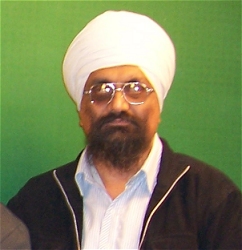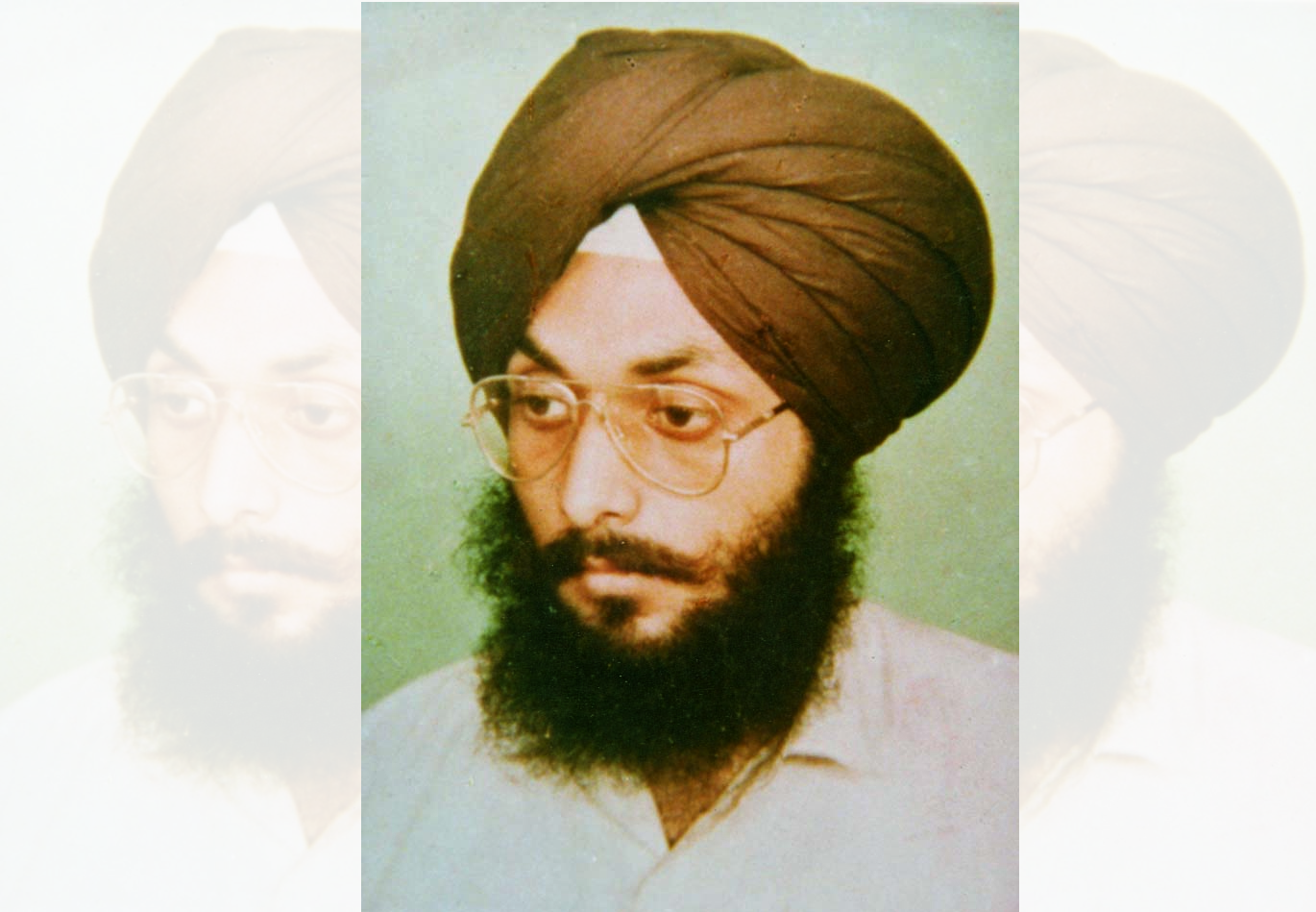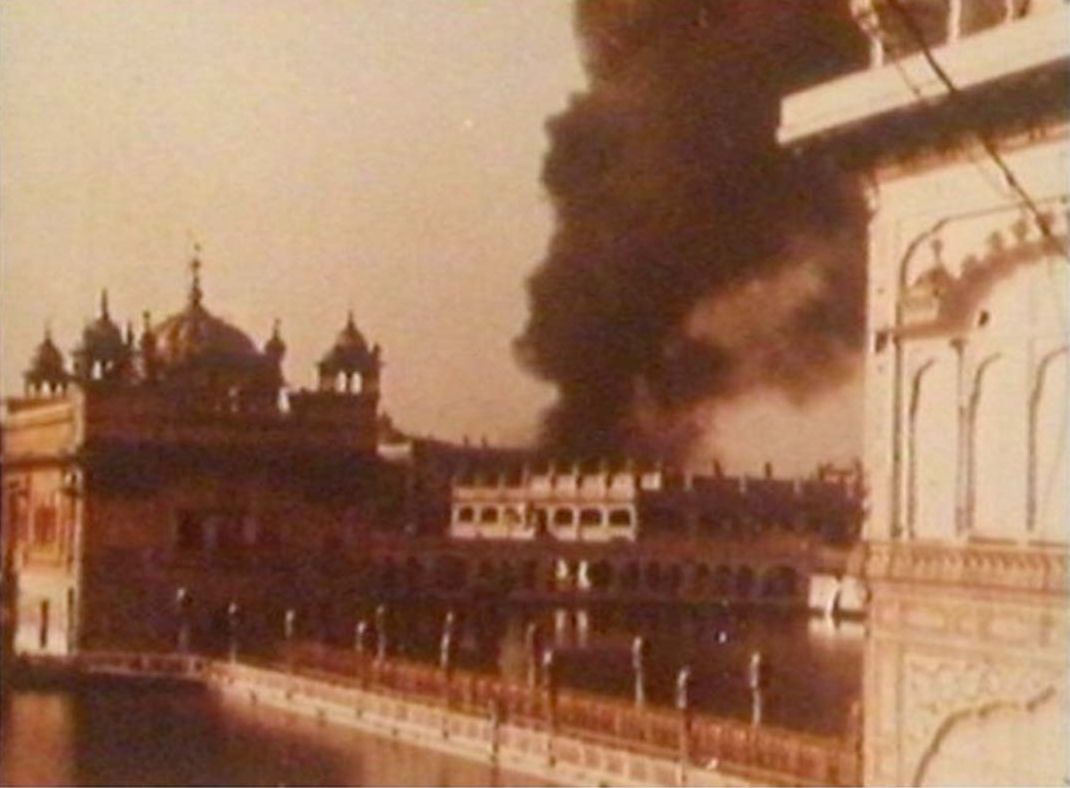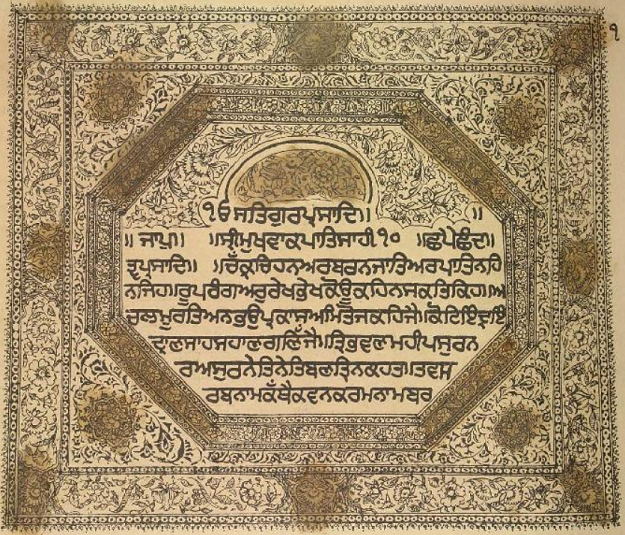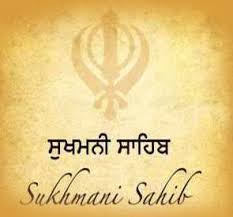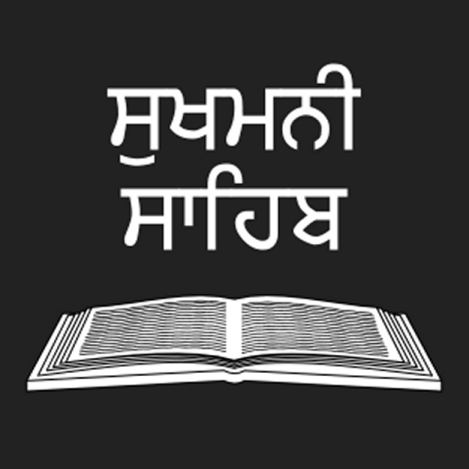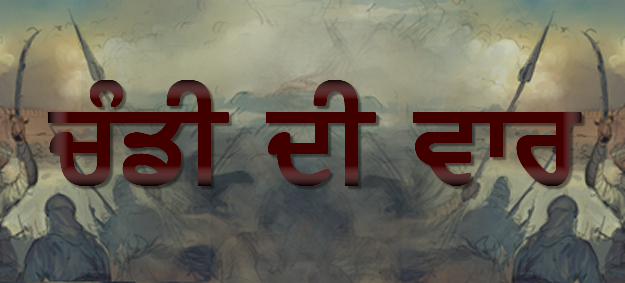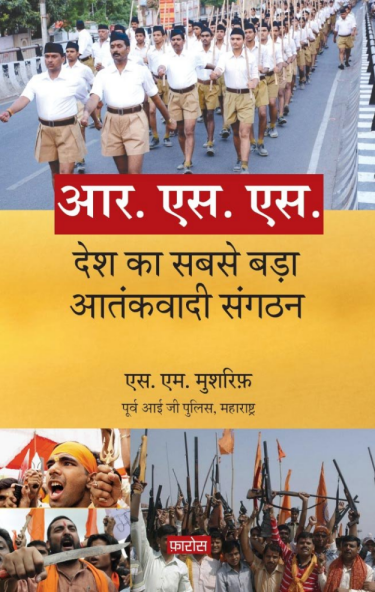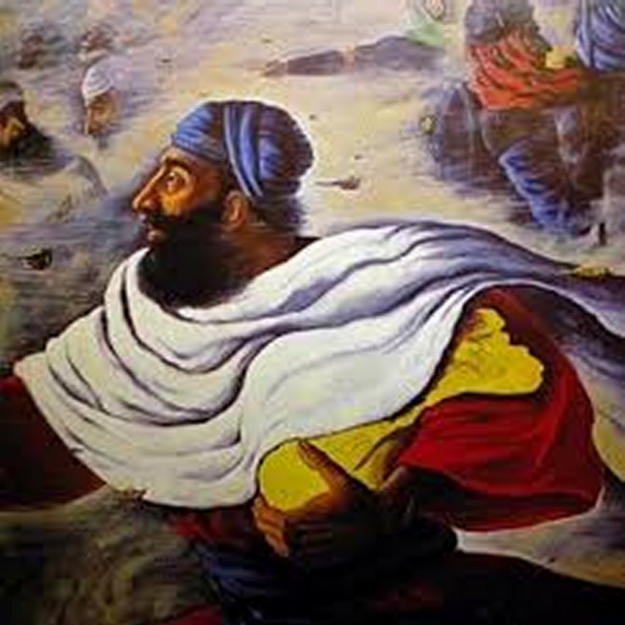
The main issue for the Panel Discussion was the Human Rights excesses in the state of Punjab during the period of insurgency from 1984 to 1994. She stated that the temporal distance has offered us the hindsight and objectivity to assess the measure of justice offered to the victims of Human Rights abuse at the hands of the Police and the Government. She further stated that the extra-judicial killings and disappearances were widespread in Punjab from the early 1980’s until the mid 1990’s. Many young Sikh men and women were indiscriminately picked up by the Police throughout the state, under the guise of fighting terrorism. The state terror that ensued led to thousands of killings and disappearances, which in turn has led to the breakdown of family structure, mental scars of the families of the disappeared, and the lack of trust and respect for the police and authoritative figures in Punjab. Indeed, although it is over 20 years since the first killings, a vast majority of the officers who are responsible for the disappearances and killings remain free.
The National Human Rights Commission on the orders of the Supreme Court set in motion the process of providing compensation to the families of the victims and on the orders of the Supreme Court, the Central Bureau of India (CBI) has also initiated an enquiry against the guilty Police officers. Till now not even half the documented cases have been given compensation and only handful of police officers have been found guilty and convicted. Subsequent state and central governments, instead of providing justice, have tried to shield the guilty police officers.
Prof. Joginder Singh Puar, former Vice Chancellor, Panjabi University, Patiala, chaired the panel discussion and in his inaugural remarks asked the participants to be objective, unbiased and true to the facts while addressing the issue of Human Rights. He detailed the history of Punjab from its inception from 1947 onwards. According to him, the Police and the administration have undoubtedly perpetrated violations but he also cautioned that one should not forget the violence committed by the militants.
The four panelists presented their views from different perspectives. Prof. Sherry Sabharwal expressed her candid and expert views on Human Rights. Speaking on the topic, she viewed the international outlook of human rights. She expressed that, “Human Rights are those rights which belong to every individual- man/ woman, boy/girl – simply because she or he is human being.” She contextualized the Universal Declaration of Human Rights by talking about the violations being committed by the police in Punjab and the rest of the country.
According to her, every individual must become aware of one’s rights. She took up an example from her personal experience wherein she had conducted a survey of some well to-do families and questioned their women on awareness of Human Rights. The answers were surprisingly similar and very discreet. She also expressed that it was shocking that even in such well educated families of our society; the members were unaware of their basic Human Rights. She said that all that was known to them was based on personal viewpoints and experiences. “They”, said Prof. Sherry, knew of not more than three Rights; i.e. Right to Freedom, Equality and Integrity.” She also made available to the audience, the entire summary of the United Nations Charter of Human Rights in the form of 30 points.
The next speaker Mr. M.S.Grewal added on to the previous discussion by showing the raw face of the reality. He spoke on the topic of “Disappearances” which incidentally were prevalent for a decade and half after 1984. He called it a heinous crime. He expressed that not only were the guilty roaming scot-free, they were also rewarded handsomely for their barbaric deeds.
He specifically mentioned the disappearances of many Human Rights activists such as Mr Kulwant Singh an advocate from Ropar who was killed along with his wife and his one and a half year old child. He added further to the case by naming an IPS officer Mr. Sanjeev Gupta, posted as SSP Ropar as the main accused in the same. According to Mr. Grewal, the accused on being questioned by the media made up a story about the killing and disappearance of Kulwant Singh. The important point in this case is that Kulwant Singh was killed along with an alleged militant who had been produced before the village panchayat almost a week before the incident.
He put up a question before everyone that how can a prisoner be ‘caught again’ with Kulwant Singh, especially when he ddin’t escape from the prison. He then took up the examples of Jaswant Singh Khalra and Gurdev Singh Konke. The former was a Human Rights Activist and was picked up by the Punjab Police in 1997 for vocalizing his views on the then prevailing condition in Punjab. He had publicly expressed that there were 25,000 cases of men and women who were killed and then cremated indiscriminately and unaccounted. This incident was termed as ‘Mass Cremation’ of unidentified bodies. Jaswant Singh was against this and therefore candidly wrote and spoke against the police. Mr. Grewal said that he was termed a Proclaimed Offender by the police and was killed in a fake encounter.
Similarly, Gurdev Singh Konke, who was a priest by profession and was killed for his open views in a country which happens to be the biggest democracy of the entire World. Mr. Grewal said that, Gurdev Singh would speak of getting justice for the community at every Ardas (religious prayer). This was not tolerated by the authorities who said that he was instigating and promoting disharmony in Punjab. He also said that these were just a few examples of what went on during those days of unrest and that many more examples were still unspoken of.
Next on the panel was Mr. Anup Singh Minhas, a retired IPS officer who detailed the brutal manner in which the police heaped insult to injury by their attitude. He termed it as “the Delhi Administration’s bias against the Sikhs and in the favour of the Nirankaries.” He was of the view that the police rules and the judicial system are by themselves sufficiently capable of providing justice but ultimately these are to be implemented by the individuals who are susceptible to influence of the administration. He highlighted his discussion with a view on discrimination with minorities, especially Sikhs. He threw more light on the case of Gurdev Singh Konke and said that he is an example of the Government’s attempt to suppress any voice that rose against it.
The judicial/legal view was given by Mr. Navkiran Singh, an Advocate. According to him, “In case the Judiciary had risen to the occasion and had been effective in vindicating the rights of the people, the Human Rights situation in Punjab would have been different. Its not that the Judiciary remained a mute spectator to the whole process of granting impunity to the armed forces, but as per the analysis of Human Rights Community, the Judiciary could have played a more effective Role.”
He also mentioned that there have been extrajudicial killings that took place in different parts of India, especially Uttar Pradesh. A special case was of Mr. R. S. Sodhi who is another victim at he hands of the Administration and the Police. He also told the audience the manner in which the cases were being disposed off in the Punjab and Haryana High Court. He said that in our Indian Courts, petitions were disposed off in a matter of 6-7 seconds. The judges there were in a habit of giving ominous orders to an entire heap of cases.
Finally in the discussion that followed, some very pertinent questions were raised by the members present. Mr. A. S. Chahal a leading Human Rights activist, Dr. Ronki Ram a teacher activist and Dr. Kuldeep Puri from Panjab University gave some valuable responses to the whole discussion.


